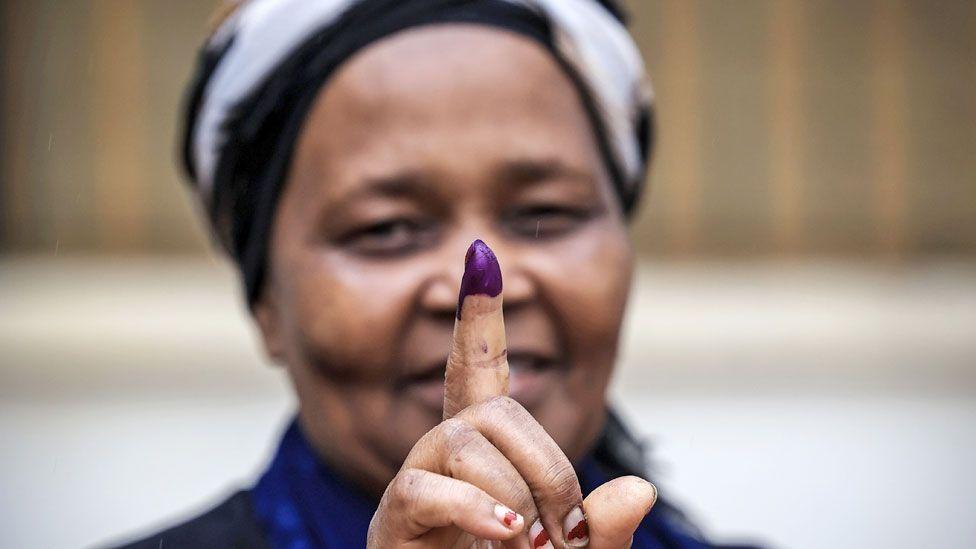Mozambicans vote in a general election in which the ruling Frelimo party, which has been in power for half a century, is likely to retain power.
President Filipe Nyusi, who is stepping down after exceeding the two-term limit, was among the first to vote when the polls opened at 7 a.m. local time (0500 GMT).
The ruling party’s presidential candidate is 47-year-old Daniel Chapo, who was a relatively unknown figure until his appointment and presents himself as a driver of change.
His rivals include independent Venâncio Mondlane, Ossufo Momade, a former rebel commander and leader of the main opposition Renamo party, and Lutero Simango of the Mozambican Democratic Movement (MDM).
The elections are considered a turning point for the southern African nation as the Frelimo candidate did not fight in the war of independence for the first time.
The party has been in power since Mozambique gained independence from Portugal in 1975.
Chapo, who was born two years after independence, is seen by many as untouched by the party’s various corruption scandals.
Nyusi cast his vote in the capital Maputo – where voters had to brave the rain in the early morning – and then called for patience from the electorate.
“I would also like to ask that no group of citizens agitate or threaten others, that everything is done in peace and tranquility and that we avoid announcing the results in advance,” the AFP news agency quoted the 65-year-old outgoing president as saying.
More than 16 million people are registered to vote. A student waiting to vote in Maputo reflected the mood of many young people.
“I have hope. People my age are worried about the future of our country, so I think they will vote,” 22-year-old Augusto Ndeve Pais told Reuters.
Most analysts say the biggest challenge for any new president will be creating economic opportunity and jobs in a country where 62% of the population lives in extreme poverty, on less than $1.90 a day.
Mozambique – still suffering the consequences of a 16-year civil war that ended in 1992 – had hoped for an economic boost with the discovery of rich gas reserves in the north.
But an Islamist insurgency that broke out in 2017 in the northern province of Cabo Delgado has put an end to several lucrative liquefied natural gas projects. They have yet to restart, despite the presence of Rwandan and South African troops deployed to tackle the jihadists.
Counting will begin after the polls close at 6:00 PM local time. The official results will be announced in about two weeks.
You may also be interested in:


Go to BBCAfrica.com for more news from the African continent.
Follow us on Twitter @BBCAfricaon Facebook at BBC Africa or on Instagram at BBCAfrica
BBC Africa Podcasts







